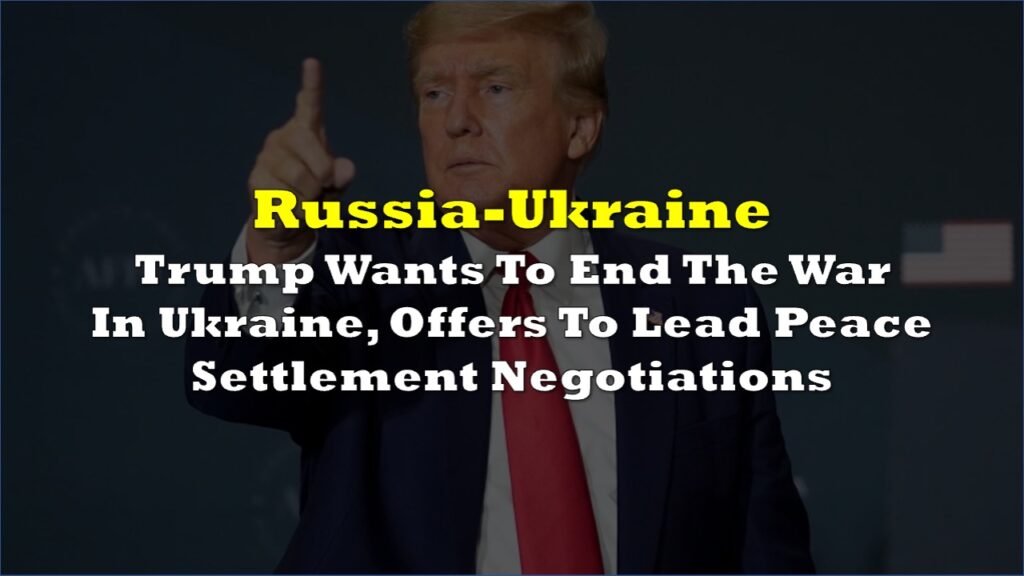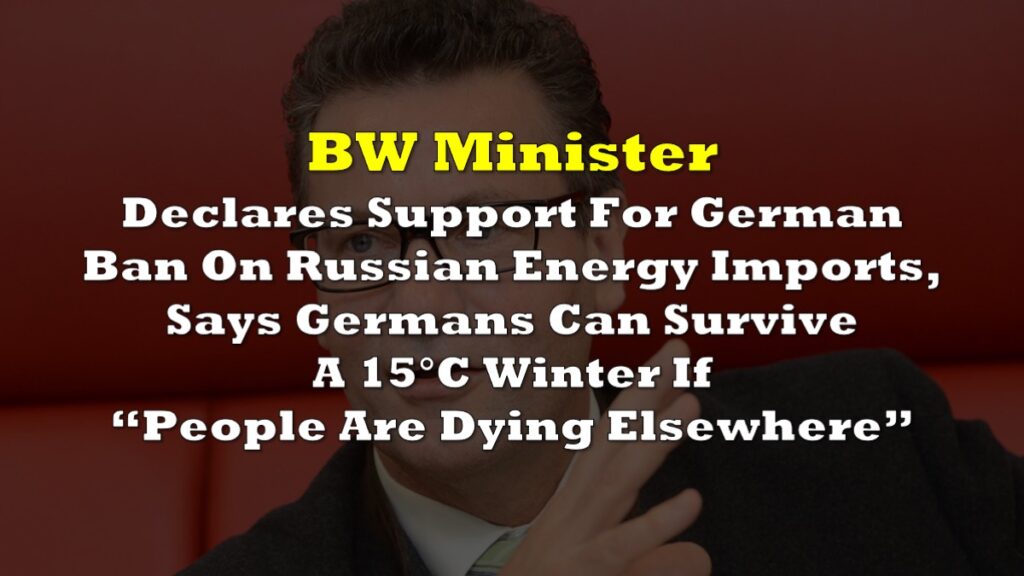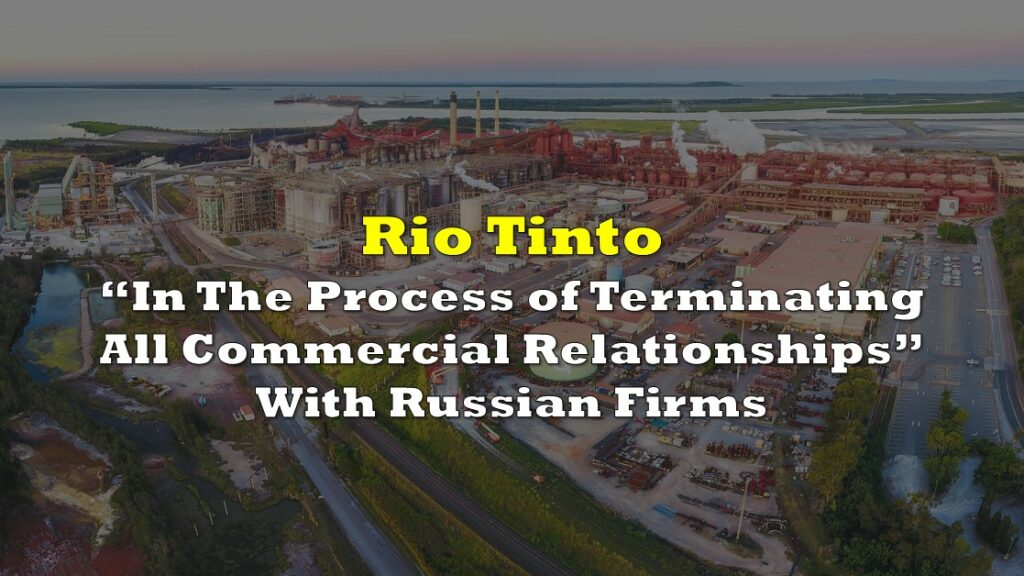The United Kingdom has announced a new wave of sanctions targeting entities facilitating Russian oil exports in an attempt move to undermine Russia’s oil revenue streams and bolster Ukraine’s resilience amid the ongoing conflict. Additionally, the UK has committed £35 million to support Ukraine’s energy infrastructure as it faces a third year of war.
The UK government has imposed sanctions on 20 vessels identified as part of Russia’s “shadow fleet,” a network of ships engaged in clandestine operations to transport Russian oil in violation of international sanctions. Among these vessels are the Ocean Faye, Andaman Skies, and Mianzimu, each responsible for transporting over four million barrels of Russian oil in 2024.
UK Prime Minister Keir Starmer emphasized the significance of these measures, stating, “These sanctions will add further pressure to Putin’s stalling war economy.”
The sanctions extend to companies pivotal in facilitating these illicit oil trades, notably 2Rivers DMCC and 2Rivers PTE LTD. These entities have been instrumental in enabling the trading of Russian oil, thereby sustaining the financial resources that fuel Russia’s military activities in Ukraine.
In a coordinated effort to disrupt Russia’s shadow fleet operations, the UK has joined forces with Denmark, Sweden, Poland, Finland, and Estonia. This coalition aims to challenge suspected shadow vessels traversing the Baltic Sea, requiring them to provide proof of insurance. Vessels failing to comply may face boarding or sanctions, a strategy designed to hold accountable those who support Russia’s war efforts through illicit maritime activities.
Concurrently, the UK has pledged £35 million in emergency aid to assist Ukraine in repairing its energy grid and supporting vulnerable populations during the harsh winter months. This package includes a £20 million allocation for urgent energy needs, facilitating repairs to the electricity transmission network and enhancing power generation capacity. Another £15 million is earmarked for humanitarian assistance, ensuring access to essential services and supplies for those most affected by the conflict.
Information for this story was found via the sources and companies mentioned. The author has no securities or affiliations related to the organizations discussed. Not a recommendation to buy or sell. Always do additional research and consult a professional before purchasing a security. The author holds no licenses.










One Response
Denmark controls the approaches to the Baltic sea. Germany a canal that connects North Sea and Baltic Sea. Thus it would be very easy to stop R oil transport thru the Baltic sea. Turkey controls the Dardanelles. NATO could stop most of the R oil exports.